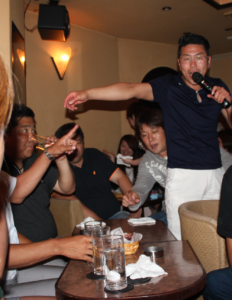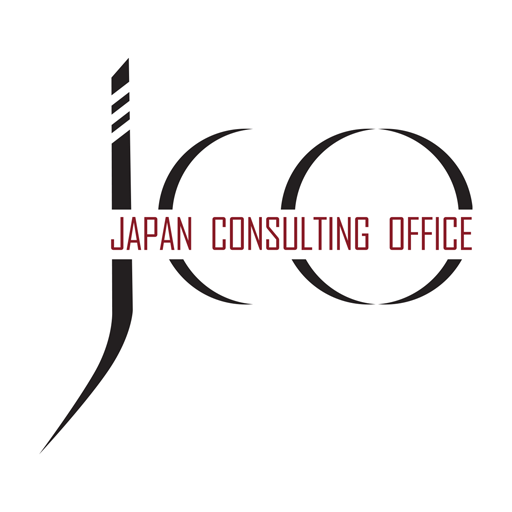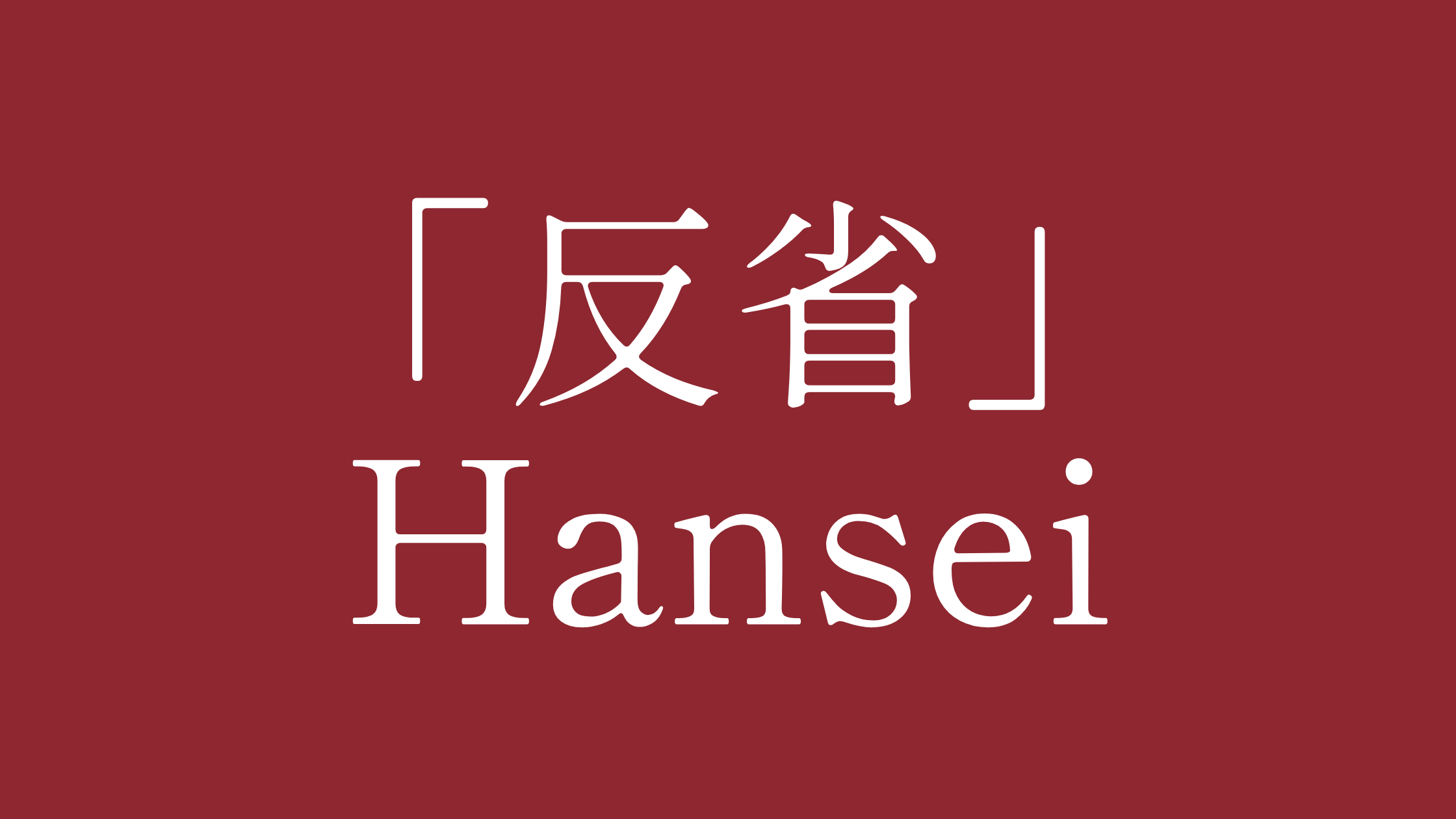
Japanese CEOs sometimes exemplify a unique approach to corporate leadership.
Here are two examples:
- Yusaku Maezawa, the founder of a large Japanese online fashion mail order company, is not only known as a collector of modern art but was also set to become the first space tourist to fly around the moon in 2023 on a SpaceX rocket. Until the cancellation of the project in June 2024 (due to the many delays by Space X), Maezawa planned to take a group of 6-8 artists with him, inspired by the idea of how Pablo Picasso might have painted the moon had he seen it up close. This project, named #dearmoon, reflected a really unconventional and "non-corporate" mindset.
- Akio Toyoda, the head of the global Toyota corporation, has an alter ego named Morizo Kinoshita. Using this persona, Toyoda participated in real races as a driver in his own Gazoo Racing Team, even adopting a cartoon figure version, complete with a racing-suited dog. When he appears as Morizo, he insists on being addressed by that name, showcasing a much more informal side compared to his usual corporate demeanor.
These examples address a recurring question in training courses:
"In Japan, there seems to be a contradiction between the seriousness at work and what we sometimes would consider childish behavior in other areas.
Even higher-ranking managers are not afraid to openly read manga or to literally dance on the table while drunk at a Christmas party.
That contradiction sometimes seems unprofessional to us."
Japan's business culture is indeed still quite strict and uniform.
A common saying in Japan is "the nail that sticks out gets hammered in," emphasizing the preference for group orientation over individualism. This mindset starts early, with university graduates expected to present themselves at job interviews with conservative hairstyles and standard suits in black, dark blue, or grey, demonstrating their ability to fit in seamlessly.
Despite a trend towards increasing individualization among younger Japanese, maintaining individuality in the professional realm remains challenging.
However, Japan also has a more playful side, particularly in social settings outside of work. Going out with colleagues or customers, often involving significant alcohol consumption, provides an outlet to relieve stress and temporarily break the rigid hierarchy. On such occasions, behavior that would be deemed inappropriate in the workplace is overlooked and not discussed the next day, akin to the saying "what happens in Vegas, stays in Vegas."

Even higher-ranking managers can exhibit behavior that seems un-Japanese due to unusual hobbies or quirks.
But as shown in the 2 examples above, the higher one's position in the hierarchy, the more freedom you can exercise. (So, it helps to be the owner of the company...)
These instances highlight that Japan, while known for its strict corporate culture, also harbors a wealth of creativity and unconventional ideas.





